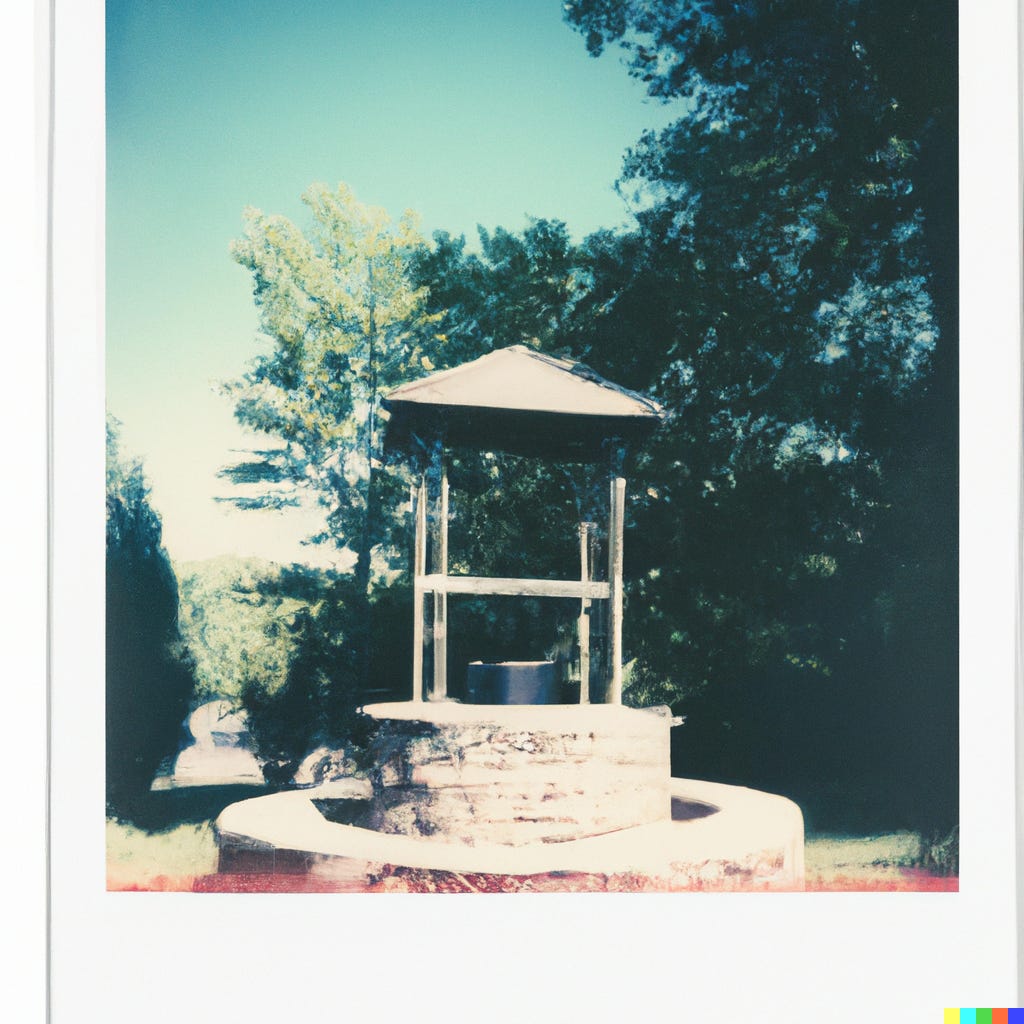The Subtle Message Behind Most Startup Advice
is to not to believe in yourself or your ideas. This is hurting GDP.
Introduction
If someone tells you to focus on one thing and do it well, they are actually telling you not to believe in yourself or your ideas. This is one piece of advice I think Silicon Valley has gotten wrong.
There are times when self-belief needs to be given a healthy dose of skepticism, but that skepticism in your approach and ideas should come from the market and not from advisors.
Typical startup advice is to focus on one market, serve it well, and then expand, but I want to advocate for a nuanced view of this. Using a mix of viewpoints to describe what entrepreneurship actually is.
Entrepreneurship
We say that founders should solve problems that they themselves have and that entrepreneurship cannot be taught. However, we also say that entrepreneurship can be learned.
Learning, formally defined, is a movement towards unobstructed self-expression, so all startups are expressions of the core of a founder’s being, tempered by the solutions the market actually wants.1 This means that entrepreneurship is “learning your own lessons” quickly.
Waiting on feedback to tell you what you should do next implies that you don’t know enough about the market you’re pursuing. When you have deep expertise about your customers, you don’t have to wait for them to tell you they want what you made.
Silicon Valley’s advice should stay there.2 For everyone outside of Silicon Valley, you should do something different:
Be the most knowledgeable person in your industry.
Cultivate belief in your ideas and double down.
Many people disagree with me on this, but I have enough examples from different domains that I think you’ll see why this approach is correct.
Experienced Artists
Artists who believe in themselves are much more willing to wipe something out and start over. They have a mindset that they are drawing from a deeper well, "there is more where that came from”. Artists who don’t believe in themselves feel they must hang on to what they've done because it costs them so much effort. 3
One way artists who don’t believe in themselves hang on to work is by delaying working on the next project.
Mr. Beast talked about this. I know what you’re thinking. He’s an outlier. But there are multiple ways to be an outlier. The most important trait that makes him an outlier is his knowledge of YouTube and his dedication to understanding what people want to watch. Analyzing his viewership or spending habits is like trying to determine how big a glacier is by looking at it from above water. Besides, his cash and viewership are the results of his knowledge of making videos.
Mr. Beast talked about how he can spend every dollar in his bank account on a video because he knows people will watch it. People at big-budget studios, on the other hand, don’t have someone who has faith in a project, and so they wait to see what the feedback is before they greenlight the next season.
He says that belief is the key factor:
“You just need someone who believes in the project…who's like, I don't care if we spend all the money in the studio. I know people will watch it and we're just gonna do three seasons…” 4
Ironically, artists who believe in themselves are also willing to hold on to some of their best work to compound their success and then release that work at the right time to inject momentum into the hype cycle. This is what Christopher Nolan and Russ did to jumpstart their careers. 5
Christopher Nolan already had the idea for Memento and completed the script before releasing his first movie Following. Here’s David Senra talking about this:
“He's got this film; it's created on this shoe shrink budget. He's about to edit and release it…At the same time, though, he does something smart. . . He said, "Okay, when this is done, if this is well received, I need to have another project."6
Russ said that he had 26 songs in the vault and a 14-song album finished before he started publishing on Soundcloud. When he spoke with Joe Budden on The Pull Up, he was adamant that this foresight is what helped him to blow up.
“I sat on those 30 songs, even being broke and knowing I had to put my best foot forward, and trusted that what I made was enough to get me where I wanted to be.”7
Keep reading with a 7-day free trial
Subscribe to Rise Over Run to keep reading this post and get 7 days of free access to the full post archives.






